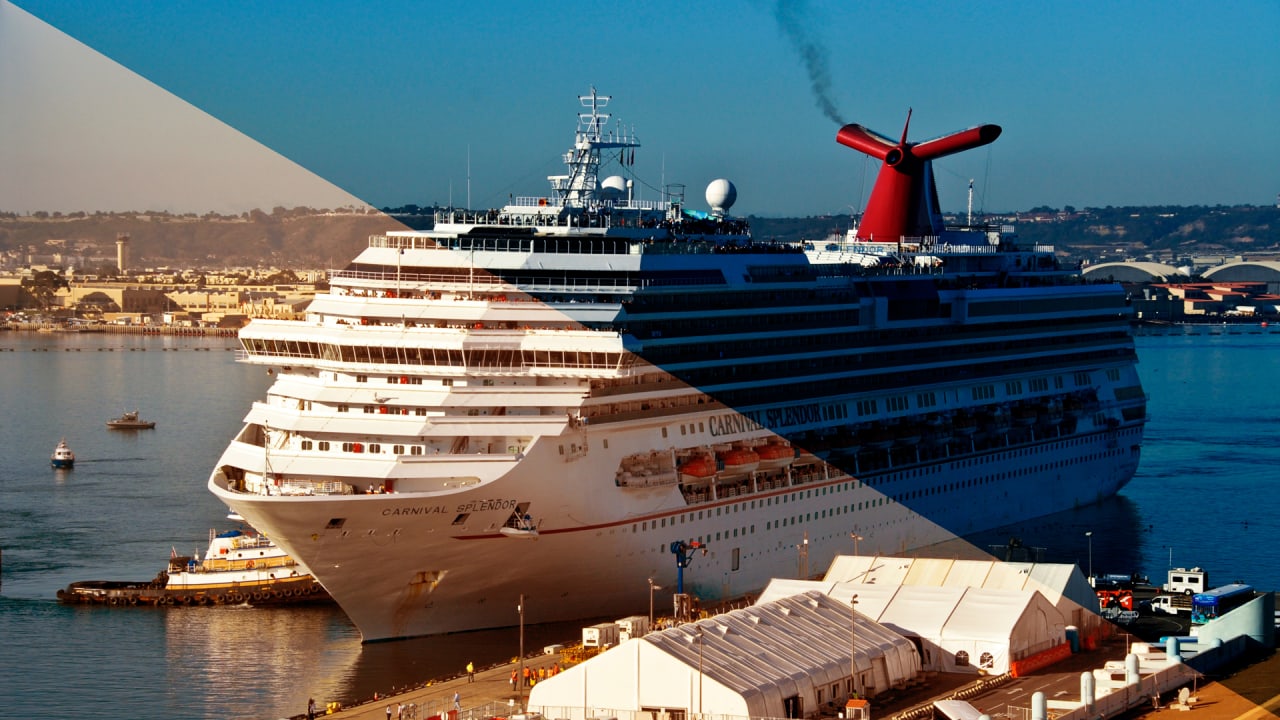
WASHINGTON – Friends of the Earth released the 2019 edition of its , documenting the environmental footprint of the cruise industry and grading 16 cruise lines and their 185 ships. The report card, last released in 2016, shows an ongoing lack of initiative by most cruise companies to reduce their air and water pollution impact on travel destinations and local peoples. All seven cruise companies under the Carnival Corp. brand received an F grade for their blatant illegal pollution.
Over the last two and a half years, Carnival Corporation has been on criminal probation in the U.S. for illegally dumping oily waste into the ocean and obstruction of justice for hiding it from regulators. Despite being on probation, each of the company’s cruise lines continued to commit hundreds of environmental crimes, including dumping wastewater and plastic into the ocean and polluting our air in excess of federal and state rules. One of the worst violations was the illegal discharge of 26,000 gallons of polluted graywater into Glacier Bay National Park in Alaska.
“Carnival Corporation’s despicable behavior shows that we cannot take this polluting industry’s claims of environmental responsibility at face value,” said Marcie Keever, Oceans and Vessels Program Director for Friends of the Earth. “This entire industry must be investigated, and held accountable for its destructive behavior. Carnival Corporation should be forced to spend some of their massive profits to clean up the communities they have dumped on. This egregious case of wrongdoing shows just how critically we need federal agency and congressional oversight of cruise industry pollution practices.”
Friends of the Earth’s report card grades cruise lines on four criteria: sewage treatment technology; air pollution reduction (whether ships have installed shoreside power and are using it at port or if they use cleaner fuel than required by U.S. and international law); compliance with Alaska’s water quality regulations to protect the state’s coastal waters; and transparency. According to the EPA, each day at sea an average cruise ship emits more sulfur dioxide than 13 million cars, and produces about 21,000 gallons of sewage. While some cruise ships have made changes to reduce their pollution, including using cleaner fuel and the most advanced sewage treatment systems, much of the industry is still lagging behind.
“While the cruise industry continues to make claims about pollution reduction, their behavior says otherwise,”continued Marcie Keever. “Cruise lines are largely failing when it comes to air and water pollution reduction. Excess pollution from these ships can cause serious health problems, destroy habitats and exacerbate climate change. It is time for the industry to change their behavior in order to protect the oceans they are cruising on and the communities they travel to.”